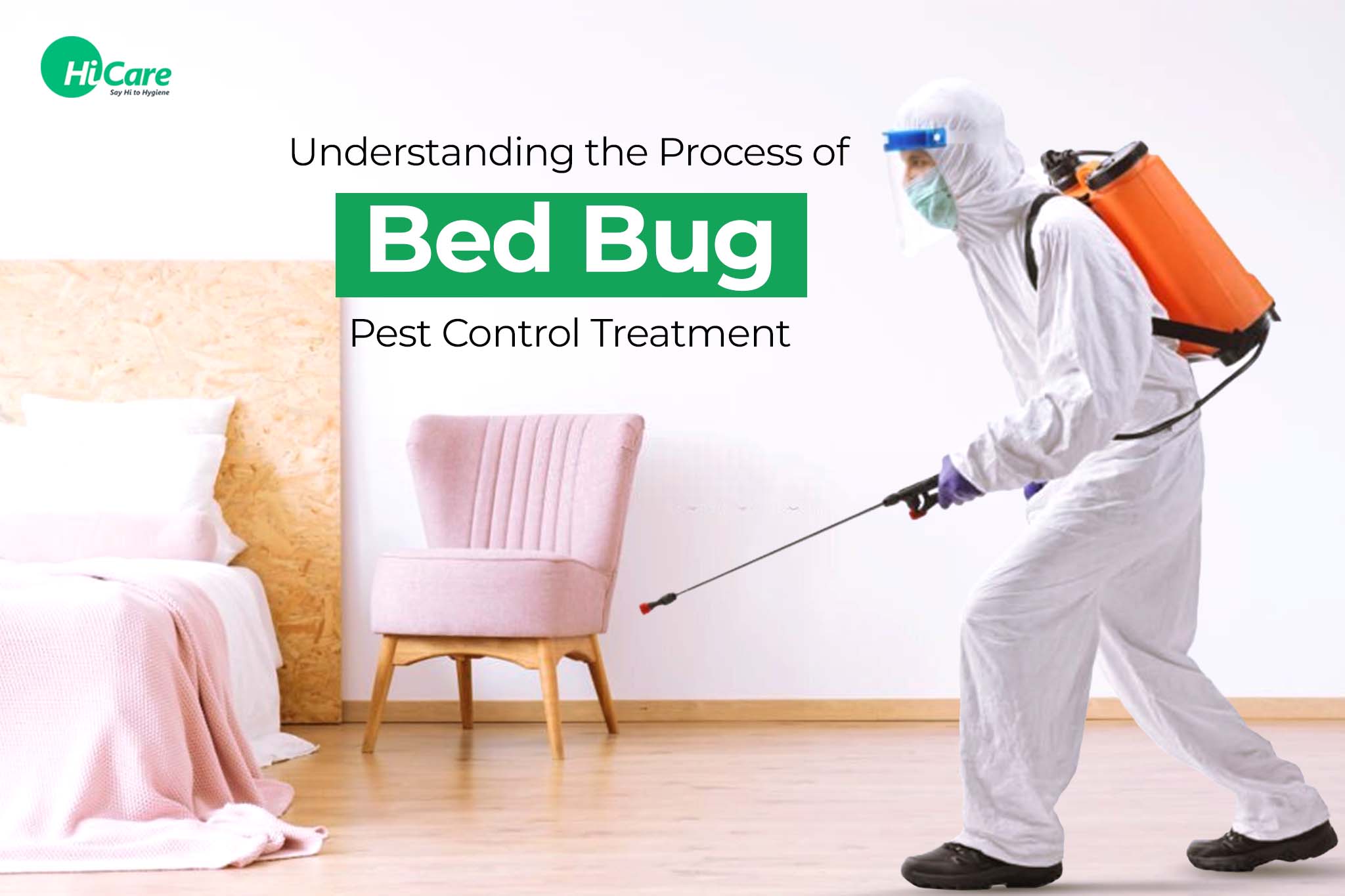A1 Bed Bug Exterminator Houston: Reliable Treatment Providers
A1 Bed Bug Exterminator Houston: Reliable Treatment Providers
Blog Article
Comprehending the Lifecycle of Pests for Targeted Control Approaches
Recognizing the lifecycle of insects is a fundamental facet of efficient insect monitoring methods. By comprehending the numerous phases of development that parasites go through, a more exact and targeted approach can be taken on to manage their populaces. This understanding not only drops light on the vulnerabilities within the parasite lifecycle however additionally leads the way for carrying out strategic actions that can disrupt their development and reproduction cycles. Via a deeper understanding of exactly how pests grow and develop, customized control strategies can be created to address certain points in their lifecycle, eventually leading to more effective pest administration outcomes.
Significance of Comprehending Parasite Lifecycle
Understanding the lifecycle of insects is vital for creating reliable and targeted control strategies in pest administration. By understanding the different phases an insect experiences from egg to adult, bug control specialists can recognize vulnerable points in the lifecycle where intervention can be most successful. Recognizing when larvae are most energetic can aid determine the optimal timing for using larvicides. Additionally, understanding the lifespan of a pest species can aid in predicting populace development patterns and possible problem threats.
Furthermore, recognizing the specific ecological conditions necessary for each phase of the bug's lifecycle can direct decisions on environment adjustment or exclusion methods to decrease and disrupt the lifecycle parasite populaces. This knowledge enables pest monitoring experts to implement aggressive procedures rather than counting exclusively on reactive therapies, resulting in even more lasting and long-term pest control options. Ultimately, a thorough understanding of parasite lifecycles equips parasite control professionals to tailor their methods efficiently, decreasing environmental influences and optimizing control results.
Trick Stages in Parasite Development
To properly execute targeted control approaches in insect monitoring, an essential facet lies in thoroughly recognizing and understanding the crucial phases in pest advancement. Parasite development usually includes several essential phases that are critical for their lifecycle and management. The very first phase is the egg phase, where pests lay eggs that later hatch out right into larvae. Larvae after that progress into pupae, a stage where they go through transformation prior to becoming adult insects. Comprehending these phases is crucial as it helps in identifying weak spots in the lifecycle where control actions can be most reliable.

Susceptabilities in Insect Lifecycle
Throughout the numerous stages of a bug's lifecycle, distinct vulnerabilities arise that can be purposefully targeted for effective control procedures (A1 Bed Bug treatment houston). One essential vulnerability lies in the egg phase, where parasites are frequently a lot more at risk to certain insecticides or biological control representatives due to their soft external covering, making them easier targets for intervention. Comprehending these susceptabilities in the parasite lifecycle is important for establishing exact and reliable control techniques that successfully take care of parasite populaces while minimizing environmental impact.
Executing Targeted Control Procedures

Executing targeted control actions generally includes a multi-faceted strategy. This may include environment modification to make the atmosphere much less friendly to pests, such as eliminating standing water for insect control or securing entry points for rats. In addition, organic control methods can be used, where all-natural killers or virus are introduced to maintain pest populations in check.
Integrated Insect Management (IPM) approaches that incorporate different control steps in a coordinated and lasting way are typically the most effective in attaining lasting insect management objectives. By carrying out targeted control steps based on a comprehensive understanding of parasite lifecycles, bug populations can be effectively managed while reducing threats to human health and wellness and the environment.
Boosted Bug Management Practices

Moreover, the incorporation of organic control agents, such as all-natural predators or virus of insects, can help in reducing dependence on chemical pesticides and promote an extra balanced ecological community. Carrying out physical obstacles and traps can additionally be part of boosted pest monitoring practices, using safe and targeted services for parasite control. Furthermore, the usage of pheromones and other semiochemicals can interfere with pest mating patterns and interaction, bring about decreased parasite populations gradually.
Verdict
By recognizing vital phases in parasite development and vulnerabilities in their lifecycle, targeted control measures can be executed to reduce insect populations. Improved insect administration methods can assist decrease the reliance on broad-spectrum pesticides and promote more sustainable and environmentally pleasant bug control techniques.
Comprehending the lifecycle of bugs is vital for establishing efficient and targeted control techniques in insect management. By understanding the numerous phases a bug goes with from egg to adult, pest control specialists can recognize prone points in the lifecycle where intervention can be most effective. Inevitably, a complete understanding of bug lifecycles equips pest control practitioners to customize their methods efficiently, minimizing ecological effects and taking full advantage of control outcomes.
By applying targeted control procedures based on an extensive understanding of pest lifecycles, parasite populations can be effectively regulated while reducing risks to human health and wellness and the environment.
By recognizing essential phases in bug development and susceptabilities in their lifecycle, targeted control steps can be carried out to reduce insect populaces.
Report this page